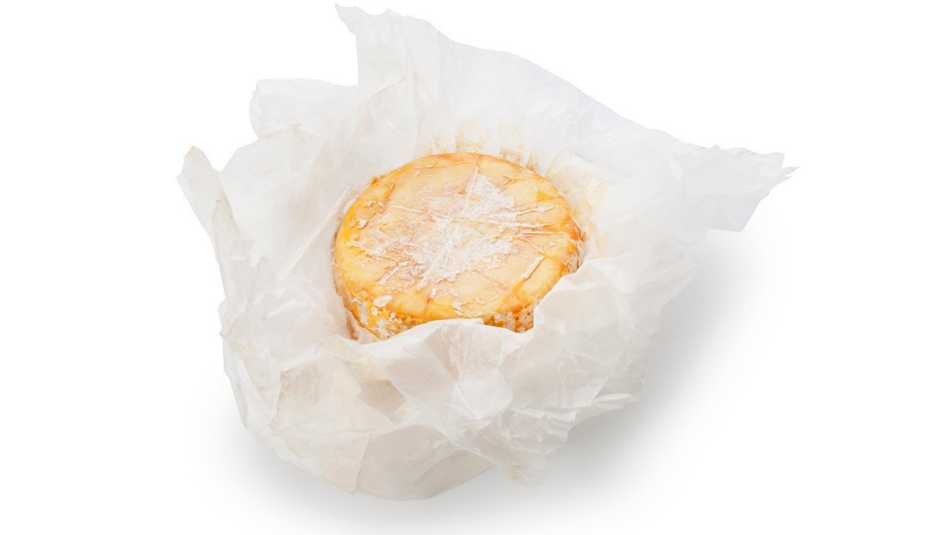AARP Hearing Center
Samantha Lande,
There’s a lot to love about cheese. It’s delicious, versatile and a great source of calcium and protein, which are good for bone health.
Cheese is easy to throw in recipes, perfect for charcuterie boards during the holidays and a great snack. But there is nothing more frustrating than finding your cheese has gone bad, which often comes down to storage methods. Storing cheese improperly — or reusing cheese after it’s been sitting out — can cause bacteria growth that can make you sick.
Not all cheeses are created equal. Some last for months; others expire after a few days. In some cheeses, you can cut out the mold and still eat it, but in others, you should get rid of the whole block.
Two cheese aficionados weigh in on the rules for storing all kinds of cheese.
Storage basics
Cheese is a living thing, and you’ll want to treat it as such. Shannon Berry, cheese specialist at Dairy Farmers of Wisconsin, has three basic rules that apply to all cheeses:
Give it space: Don’t overcrowd your cheese. Some cheeses need more oxygen than others. Provide a bit of space when you wrap, so a blue cheese or a brie, for example, can get more air.
“I prefer putting my brie and creamy cheeses in wax paper first and then into a Tupperware container to allow them more space to breathe,” says cheesemonger Emilie Lehan from Murray’s Cheese in New York.
Keep cheese away from other aromatic foods as it easily absorbs other flavors.
Keep it cold: Refrigerate cheese at 34 to 38 degrees Fahrenheit. “Store cheese in the vegetable or cheese drawer; it tends to be cooler, and the humidity is good for the cheese,” Lehan says. This is most important for softer or medium-soft cheeses. Some of the harder cheeses can withstand being kept at room temperature for longer.


Freezing cheese isn’t universally recommended because, in some cases, it can drastically change the texture. Shredded cheese (either the kind you buy pre-shredded or shred yourself) can be frozen and still perform well if you store it in an airtight container (even a sealed plastic bag with the air squeezed out). If the cheese is going to be in a recipe that calls for it to bake in an oven, such as a casserole or mac and cheese, it can go straight from frozen to melted without thawing. Shredded cheese should last two to three months in the fridge.
Parmesan rinds are excellent for freezing — just wrap tightly in plastic. Rinds are great to throw in soups or pastas to add another dimension of flavor.


Cover it: Most cheesemongers recommend using cheese paper — the waxy paper you’ll get when you buy cheese at a deli counter or cheese shop — to wrap your cheese. It’s a worthwhile purchase if you eat a lot of cheese at home.
“Cheese paper allows your cheese to have some breathing room without being totally exposed and losing its precious moisture,” Berry says.
If you don’t have cheese paper, you can use parchment or wax paper, then put it in a plastic bag.
“The paper creates a barrier between the cheese and the plastic, while the plastic keeps it from getting too dry,” Berry says.
Make sure your cheese is fully covered, but not wrapped so tight that it doesn’t have breathing room. A plastic or glass container is OK for very fresh cheeses such as burrata or ricotta, but it should be avoided for other cheeses.











































































